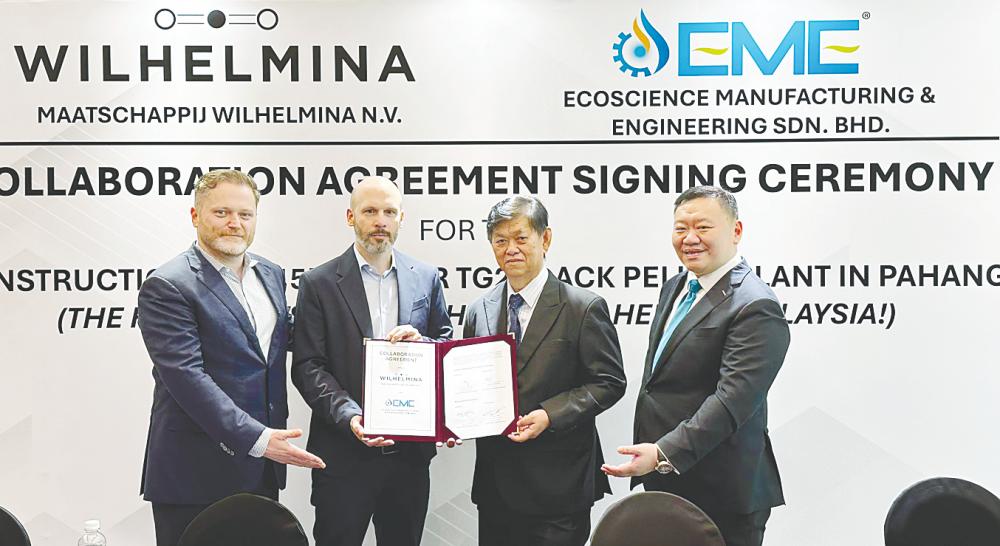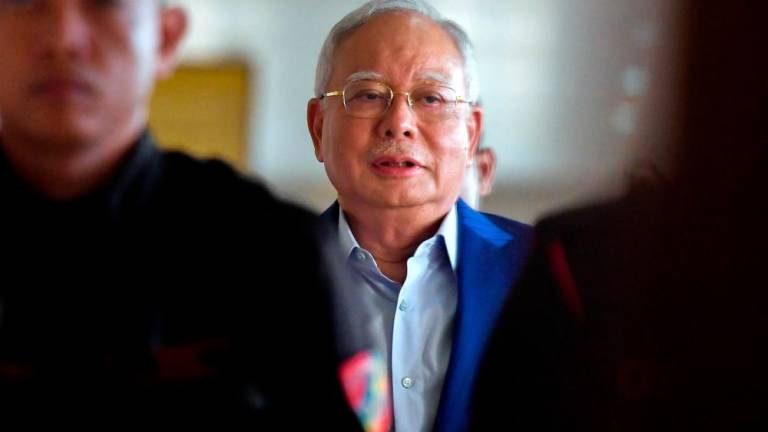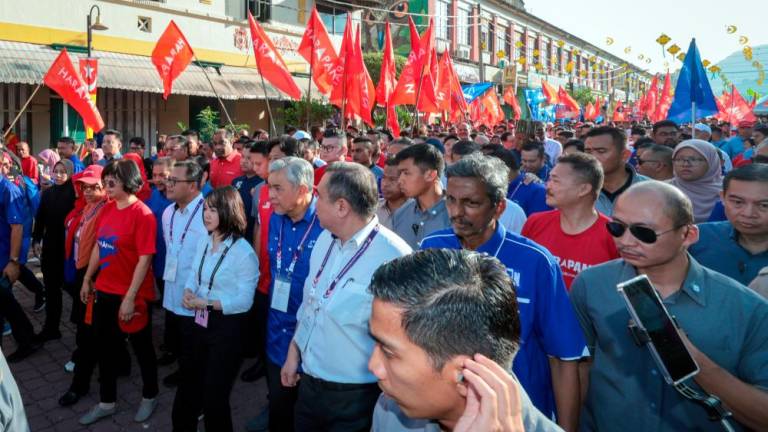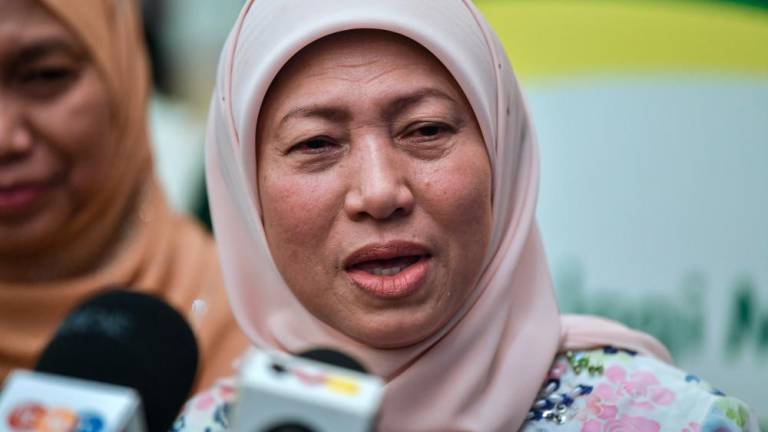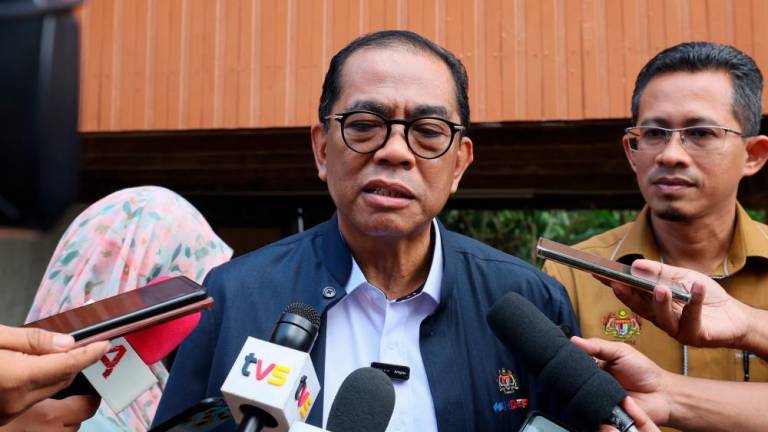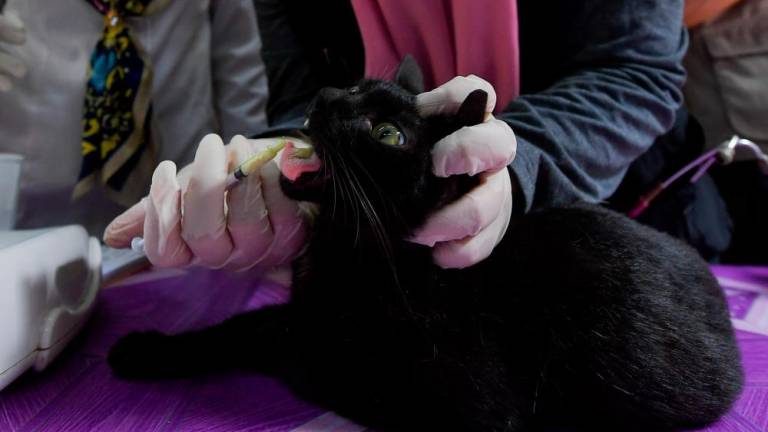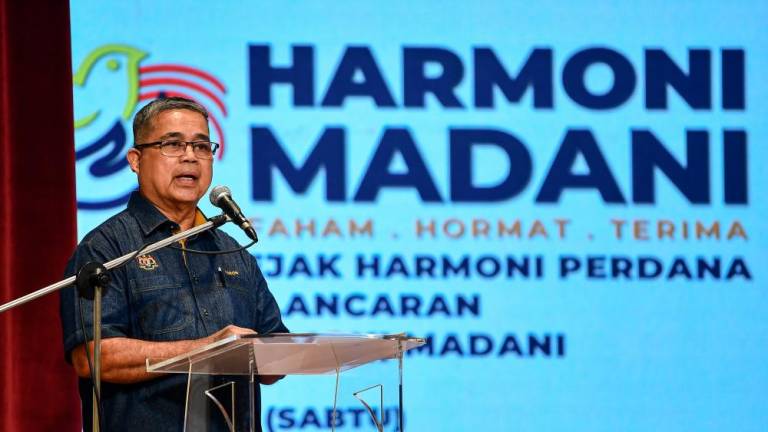KUALA LUMPUR: Dutch renewable energy company Maatschappij Wilhelmina NV is investing US$60 million (RM283 million) to build a TG2 black pellet plant, the first of its kind in the world, that uses empty fruit bunches (EFB) from oil palms as feedstock to produce drop-in coal replacement fuel in Pahang
The plant with a production capacity of 15 tonnes an hour will be located in Phase 3 of the Gebeng Industrial Area in Kuantan. Construction is expected to begin in the fourth quarter of this year, be completed in 16 to 18 months’ time.
Wilhelmina CEO and co-founder Barthold van Doorn said it sees tremendous opportunities in generating renewable and carbon neutral energy through recycling industrial agricultural waste streams in Malaysia as the country is the second biggest producer of palm oil in the world.
“This TG2 black pellet which will use EFB as feedstock will be the first of its kind in the world. We are primarily focused on the Southeast Asian region and Malaysia ticked all the boxes for us to locate our first plant. As the second largest producer of palm oil globally, we understand Malaysia generates some 20 million tonnes of EFB waste a year.
“Instead of being left to decay or filling up landfill, these can be transformed into a clean and high-energy coal replacement that could reduce as much as 12 million tonnes of methane, equivalent to 300 million tonnes of CO2. This can certainly contribute towards Malaysian government’s target of becoming a carbon-neutral nation by 2050,” van Doorn told a press conference at the collaboration agreement signing ceremony yesterday between Wilhelmina and Ecoscience International Bhd for the engineering, procurement and construction (EPC) work of the plant via wholly owned subsidiary Ecoscience Manufacturing & Engineering Sdn Bhd.
Wilhemina will also outsource the operation, maintenance and management of the TG2 black pellet plant to Ecoscience.
Van Doorn said its investment into Malaysia is only the first step in its overall strategic expansion plan as the company has earmarked a number of locations in Malaysia, Japan and Southeast Asia.
“We are also looking at Indonesia, Cambodia, Vietnam and Japan to establish more TG2 black pellet plants that will also use other agricultural wastes such as coconut husks and rubber tree wood as feedstock,” he said.
Ecoscience managing director Wong Choi Ong said the plant is expected to be the largest project to be undertaken in the company’s history.
“Besides taking on the EPC role, we are expected to also operate, maintain and manage the plant for Wilhelmina upon commissioning. All in all, the plant is expected to give our orderbook a significant boost, as well provide consistent recurring income to our company in the future,” he added.



